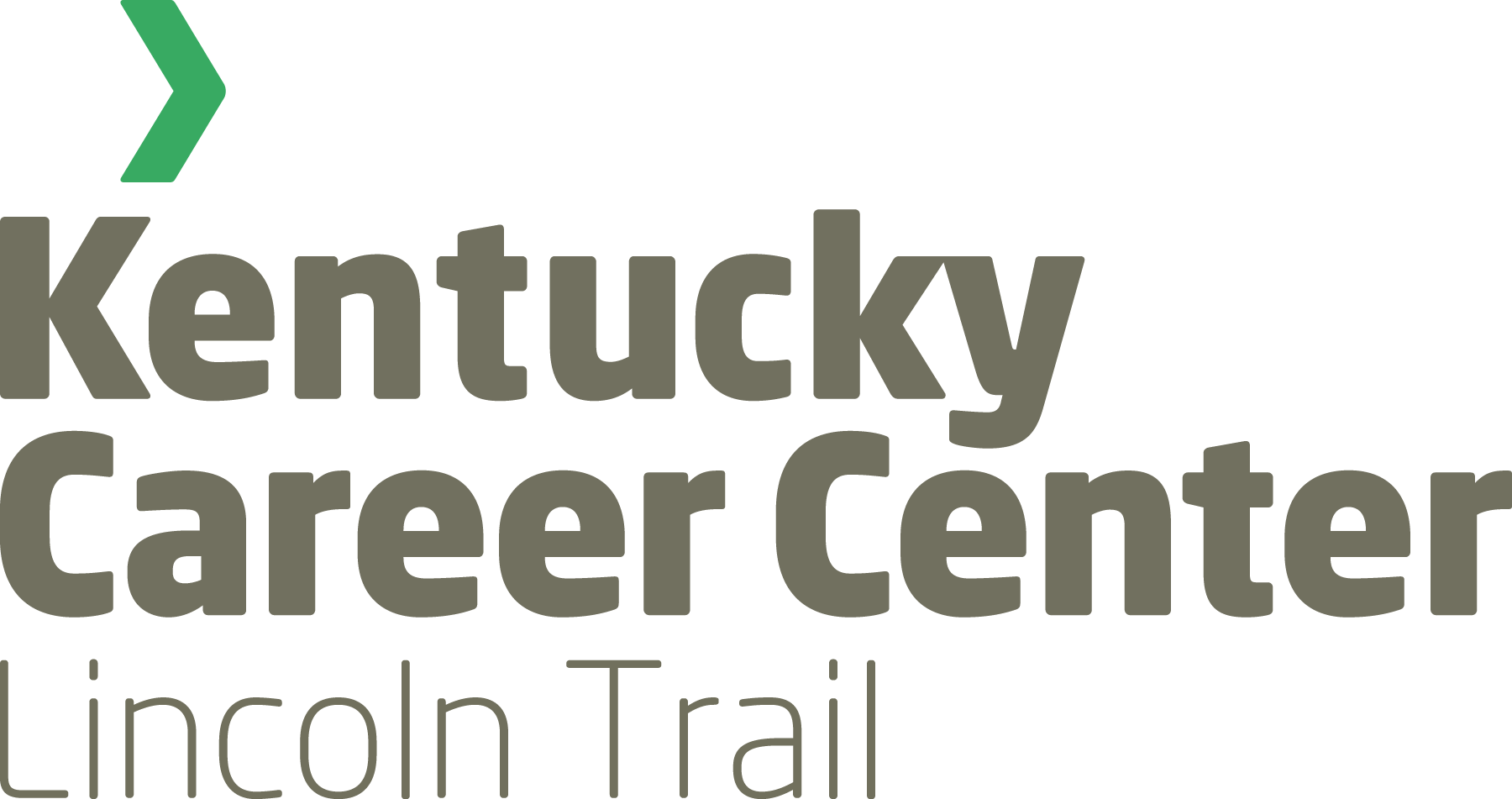Retaining our region’s talent

Dr. Juston Pate
Across the region employers are expanding and creating new jobs, developing a pipeline of skilled workers to counter increasing retirements, or even launching start-ups. It’s encouraging news for job seekers and it’s an excellent indicator of the region’s economic health.
For our region to continue to prosper, we must find new ways to develop the qualified, available workforce that businesses need to remain competitive and grow. I regularly have the opportunity to meet employers and talk about their need for talent, and one theme that continues to surface is that young people who grew up in our communities are starting their careers in other regions.
This often happens for one of two reasons. First, young job seekers are not aware of the career opportunities available in this region. Secondly, students go away to college and stay away because they’ve connected with career opportunities elsewhere.
We have good jobs here, but we have work to do to better connect students to these opportunities. The Lincoln Trail Workforce Development Board’s (LTWDB) Workforce Crisis Task Force is working with employers and educators to help potential workers find training and career opportunities within the region. More specifically, the task force’s Unlocking Local Potential Subcommittee is focused on increasing work-based learning opportunities in our region’s in-demand sectors.
We know that when high school or college students engage in work-based learning opportunities — from short-term job shadowing, to a summer internship, to a registered apprenticeship program — they are building connections to local employers and are more likely to choose to live and work in this region upon graduation.
Take Elizabethtown Community and Technical College student Stewart Snellen for example. Snellen is in an industrial maintenance apprenticeship program at Heaven Hill Distillery in Bardstown. Upon completion of the program, he will possess one of the most sought after skill sets in the advanced manufacturing industry (and he’ll have no student debt). In part because he has already established a relationship with a local employer, he plans to continue to build a career here.
“It’s a great opportunity,” he said, noting today’s highly automated manufacturing facilities offer challenging work and high levels of responsibility. “The career outlook is good. Companies need people with technical skills now more than ever.”
Though Snellen is a non-traditional college student, his experience is shared by students of all ages who are aware of in-demand career opportunities and given access to work-based learning.
“We want students to explore the careers available in their communities in meaningful ways before they graduate high school,” said Stacy Decker, secondary instructional supervisor with Grayson County Schools, who is among the educators working with the Unlocking Local Potential subcommittee.
“Work-based learning not only allows the student to develop a stronger career path, but it also affords employers an opportunity to shape the future workforce and build relationships with potential employees,” Decker added.
What’s more is you don’t have to be a current student to benefit from work-based learning. These opportunities are available to out-of-school youth up to age 24, dislocated workers and other qualifying adults through the Kentucky Career Center – Lincoln Trail.
Our region’s high-demand career fields include advanced manufacturing, healthcare, transportation and logistics, business and IT, and construction and skilled trades. To learn more about careers in these fields, check out the LTWDB’s new video series, Your Career is Here, at www.ltcareercenter.org/career
In addition, visit www.workreadykentucky.com to learn about earning a certificate, diploma or associate degree for an in-demand career, tuition-free.
I am proud to co-chair the Unlocking Local Potential subcommittee, along with Elizabethtown Independent Schools superintendent Jon Ballard, as we foster a stronger connection between our region’s emerging workforce and employers. I am also proud of ECTC’s role in retaining our region’s talent.
In addition to our work with the LTWDB, regional employers and other community organizations, the college is focusing its efforts to establish a University Center.
The University Center is a solution to keep our local talent close to home as it increases access to bachelor degree programs, which will be offered locally through partnering four-year college and universities. I look forward to sharing more details about the facility and partnerships in the coming months.
Dr. Juston Pate is president of Elizabethtown Community and Technical College and a member of the Lincoln Trail Workforce Development Board.
Our Social Networks


